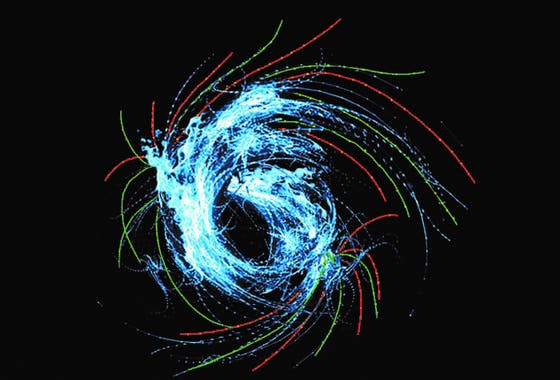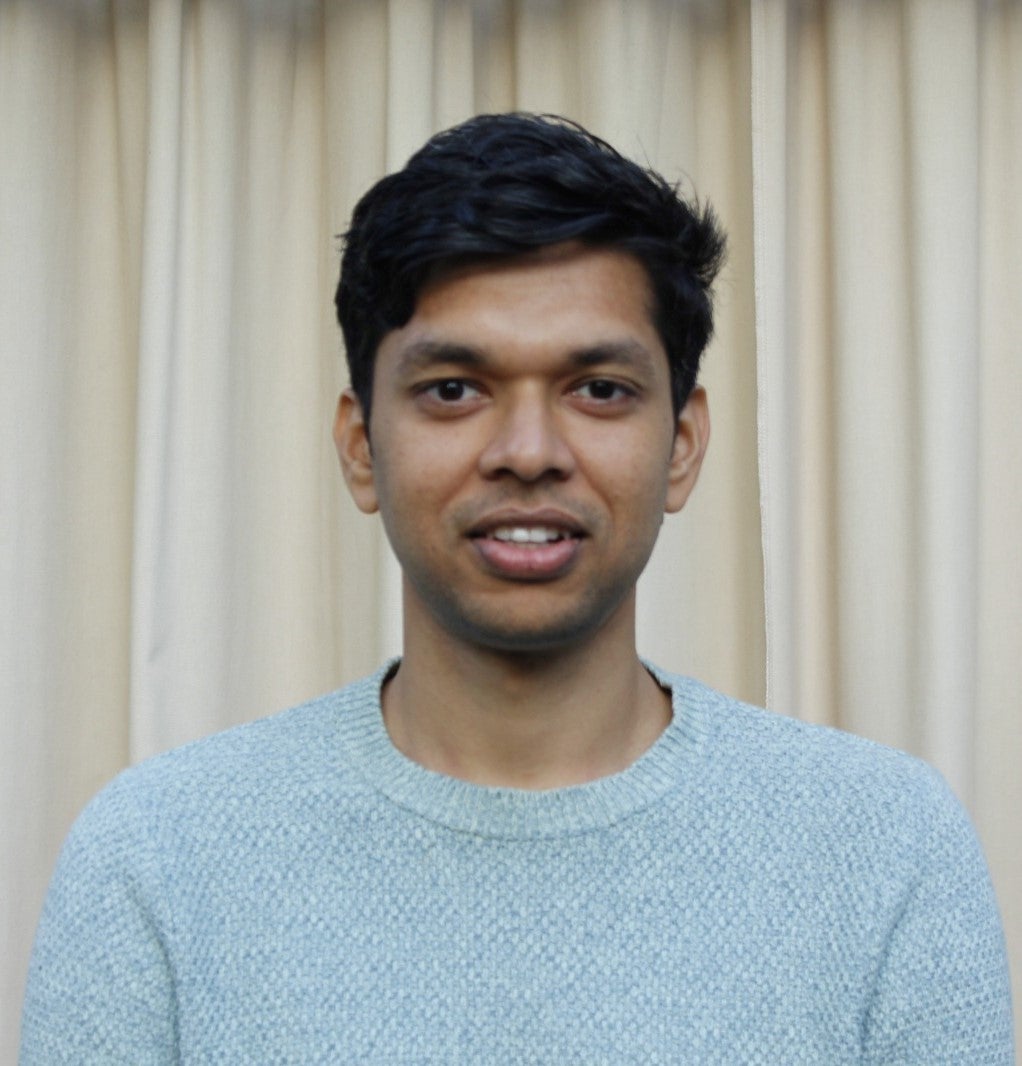Sep 5: Life and death of memory T cells: a perspective from theorethical biology

In his PhD thesis, Arpit Swain (UMC Utrecht and Utrecht University) provides insights into the mechanisms around the generation and maintenance of memory T cells. He presented not only instances where mathematical modelling plays a complementary role to confirm and cement our understanding of the experimental data, but also instances where modelling is strictly essential as it exposes the missing links in our intuition.
Every encountered pathogen leaves an imprint on the immune system. This is termed as immune memory. A significant part of this immune memory is stored in a subset of T cells called memory T cells. As memory T cells are experienced in pathogen control, they are of significant interest to immunologists in their search for better vaccine technologies. For example, if the condition and the time of when memory T cells are formed is known, then technologies can be developed that either increase the number of memory T cells produced to better fend off an infection or decrease the number of memory T cells created to limit self-harm in autoimmune diseases. Similarly, if the lifespan of both an individual memory T cell and the memory T-cell population is known, questions on the efficacy and longevity of vaccines can be addressed. Therefore, it is essential to detail the mechanisms underlying the generation and maintenance of memory T cells. The PhD thesis by Arpit Swain (Department of Theorethical Biology & Bioinformatics, Utrecht University and Center for Translational Immunology, UMC Utrecht) presents experimental data, mathematical analyses and theoretical simulations that: (a) discuss the lifespan of memory T cells; (b) provide ways to accurately approximate these lifespans; (c) elucidate the events leading up to the generation of memory T cells during an immune response; and (d) provide probable mechanisms that could sustain the immunity against a pathogen for longer.

Aging memory T cells
In this thesis, it was reported that individual memory T cells are expected to live for a relatively short period of time (order of months). As all memory T cells are thought to depend on the same resources (e.g. cytokines), they compete with each other for survival, eventually resulting in a decline in the diversity of the memory T-cell pool. Arpit Swain and co-workers showed, using mathematical simulations, that this competition among memory T cells and the loss of diversity can be avoided if cells ‘age’ when they divide (that is, if they divide more slowly after each division). As a consequence, the size of a memory T cell’s progeny remains limited, which in turn reduces the competitive pressure on other memory T cells. Interestingly, they also showed that cellular aging cannot avoid the loss of diversity in the memory T-cell pool if individual memory T cells are long-lived (order of years).
Swain concludes that this research provides insights into the mechanisms around the generation and maintenance of memory T cells, on the basis of experiments and simulations. He presented not only instances where mathematical modelling plays a complementary role to confirm and cement our understanding of the experimental data, but also instances where modelling is strictly essential as it exposes the missing links in our intuition. This thesis, thereby, also highlights the value of the cross-talk between experimental and theoretical immunology.
PhD defense
Arpit Chandan Swain (1993, Odisha, India) defended his PhD thesis on September 5, 2023 at Utrecht University. The title of his thesis was “Ink trails – Tracking the life and death of memory T cells.” Supervisors were prof. dr. Rob de Boer (Department of Theorethical Biology & Bioinformatics, Utrecht University) and prof. dr. José Borghans (Center for Translational Immunology, UMC Utrecht). As of October 2023, Arpit Swain will join Columbia University Irving Medical Center (New York NY, USA) as a postdoctoral researcher.
